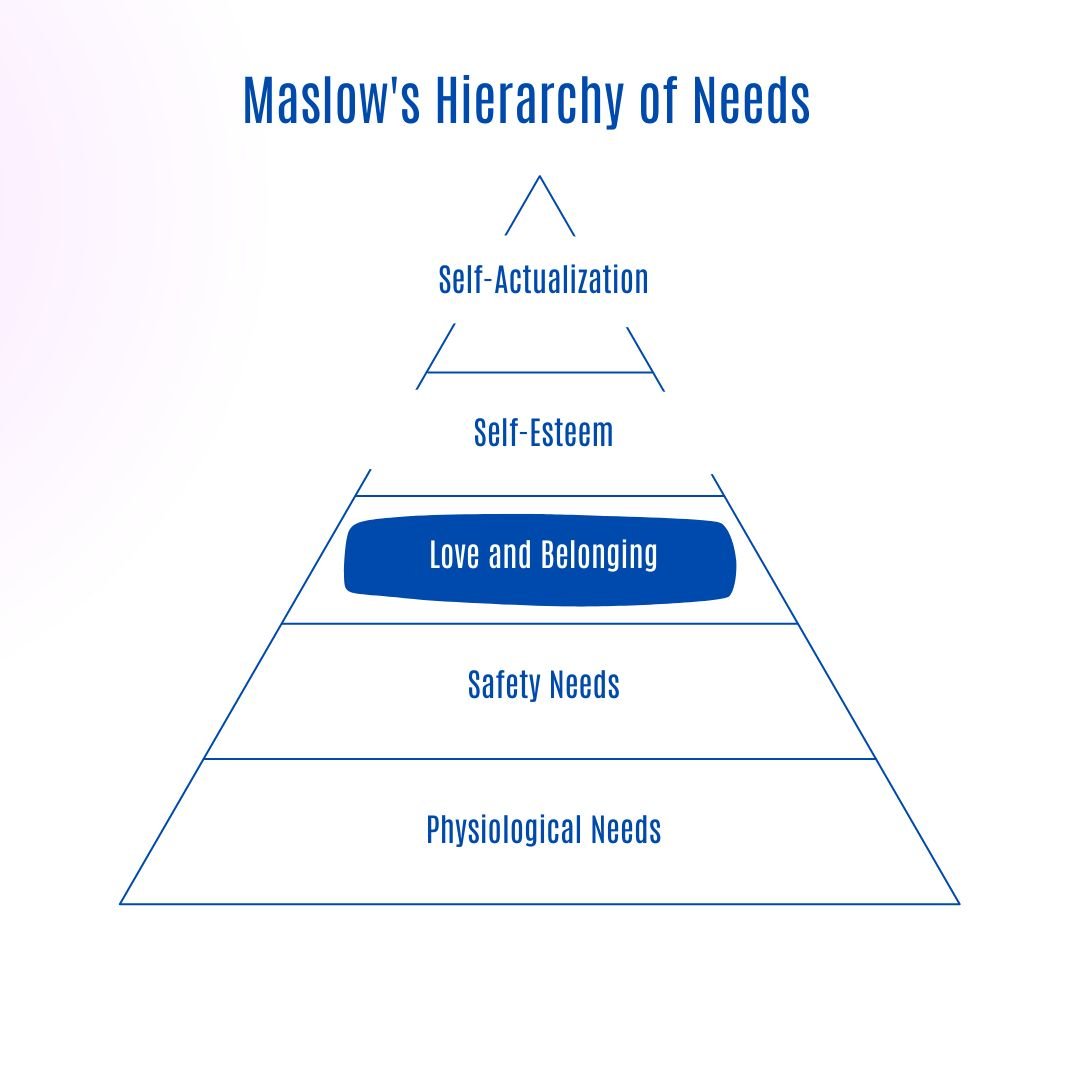D1 Maslow’s Hierarchy of Needs
Motivation theory refers to studies into human behaviour and what drives people to behave in certain ways. In terms of business, this is often applied to understanding what makes people more productive at work. Various studies have taken place leading to some popular motivation theories. These include Abraham Maslow’s hierarchy of needs, Herzberg Two Factor Theory, Taylor’s Scientific Theory and Mayo’s management Theory.
Abraham Maslow suggested that human needs are prioritised in a hierarchy. People will focus on meeting needs lower down in the hierarchy before looking to satisfy the needs of the next level.
Employers may use this model to establish the level of needs that are not met by members of their workforce and find ways of providing for them.
Physiological needs are the things we need to have access to for our survival. This includes food, water and shelter. These needs may be met by employers with basic pay. Many countries now have a national minimum wage which is intended to ensure that any working member of the population earns enough money to pay for their basic needs.
Safety needs refer to the things in our environments that reduce the chances of us coming to physical and emotional harm as well as factors that contribute to feelings of predictability and familiarity. At work, it is the responsibility of employers to take steps to reduce the chances of employees coming to any harm in the workplace. This may include health and safety equipment and training, fire alarms and clean facilities. Employers can also meet needs for job security through permanent contracts and ensuring the survival of the business. Workplace policies for anti bullying etc .
Love and belonging needs are human desires to be connected to others. This includes personal relationships and being part of a group. At work, this need may be met with teamwork and social occasions such as staff parties to give employees space to connect with each other. Employers can also support people's relationships outside of work through reasonable working hours, holiday leave and flexible working practices such as part-time, work from home and flexi-time.
Esteem needs are human desires to feel a sense of self-worth and respect from others. This need may be met through recognition of work, using praise and saying thank you. Effective use of appraisal
Self-actualisation needs are human desires to reach one's full potential. When the previous four levels of need are met, individuals will seek to challenge themselves to explore their full capabilities. Self-actualisation needs may be met by opportunities for professional growth.





